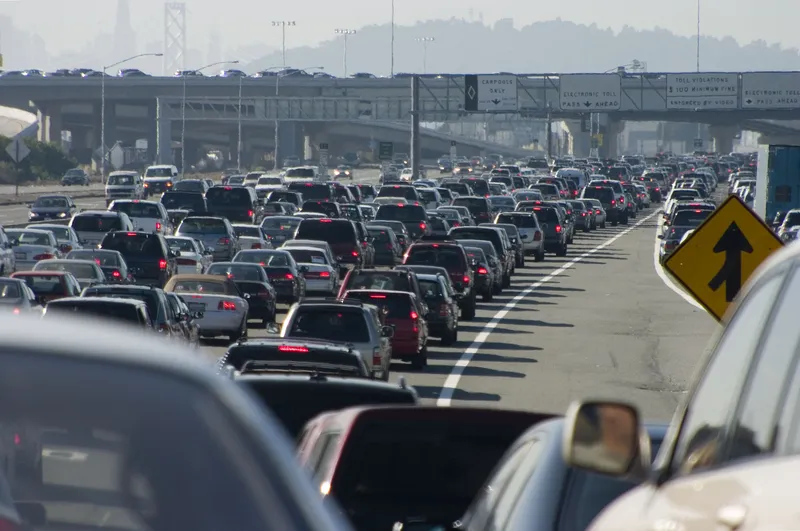Queensland, Australia, is to deploy fixed and mobile automatic number plate recognition (ANPR) cameras to catch thousands of unregistered cars on the state’s roads.
From October, eight fixed and fifteen mobile cameras will scan about 600,000 registration plates every week. The cameras will record thousands of plates a day and send the information back to a centralised database for cross-referencing with registration records. Owners of unregistered plates will automatically receive fines in the mail.
Police around the country currently use similar devices to conduct background criminal checks or to issue on-the-spot fines.
The Transport and Main Roads Department estimated about 2.5 per cent of the state's 4.7 million light vehicles on the road were not registered. In 2013 nearly 47,000 registration related offence notices were issued in Queensland.
The State Government says the data collected by the new cameras will not be used by any other department at this stage.
Queensland to deploy cameras to detect unregistered vehicles
Queensland, Australia, is to deploy fixed and mobile automatic number plate recognition (ANPR) cameras to catch thousands of unregistered cars on the state’s roads.
From October, eight fixed and fifteen mobile cameras will scan about 600,000 registration plates every week. The cameras will record thousands of plates a day and send the information back to a centralised database for cross-referencing with registration records. Owners of unregistered plates will automatically receive fines in the mail.
P
July 30, 2014
Read time: 1 min









